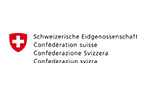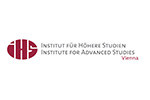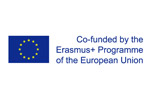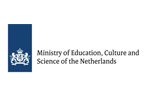The seventh round of the EUROSTUDENT project started in June 2018. EUROSTUDENT is an international survey project collecting data on the social and economic conditions of student life in Europe. The EUROSTUDENT dataset covers all important aspects of student life: access to higher education, students’ demographic and educational background, types and modes of study, time budget and employment, students’ income and expenditure, types of housing, and international mobility.

Participants in EUROSTUDENT VII
The project is characterised by a decentralised network structure. Each participant country is responsible for conducting a national study according to the central EUROSTUDENT conventions. EUROSTUDENT provides a central core questionnaire as well as several handbooks detailing standards for data collection, calculation, and delivery. The project is jointly conducted by an international consortium made up of seven organisations from different European countries, led by the German Centre for Higher Education Research and Science Studies (DZHW). An international Steering Board representing stakeholders, policy-makers and participant countries provides the project with advice and monitors its progress. The current round of the EUROSTUDENT project is taking place from June 2018 to May 2021.
Project results can be used to reflect the social dimension of higher education from a national perspective in contrast to the international context provided by the project. This enables (re-)evaluating the strengths and weaknesses of the system and provides opportunities for mutual peer learning. Project results are also delivered to the Bologna Process Implementation Report which is compiled by the European Commission. EUROSTUDENT VII results will be published in the spring of 2021.
The project website provides up-to-date information on project activities.











